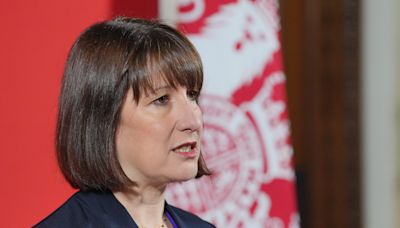Search results
The Big Bang is a physical theory that describes how the universe expanded from an initial state of high density and temperature. It was first proposed as a physical theory in 1931 by Roman Catholic priest and physicist Georges Lemaître when he suggested the universe emerged from a "primeval atom". Various cosmological models of the Big Bang explain the evolution of the observable universe ...
Dark Matter & Dark Energy. Galaxies. Stars. Black Holes. Overview The origin, evolution, and nature of the universe have fascinated and confounded humankind for centuries. New ideas and major discoveries made during the 20th century transformed cosmology – the term for the way we conceptualize and study the universe – although much remains ...
Jul 9, 2024 · What's This Big Bang All About? In 1927, an astronomer named Georges Lemaître had a big idea. He said that a very long time ago, the universe started as just a single point.He said the universe stretched and expanded to get as big as it is now, and that it could keep on stretching.. What an Idea!
Jun 18, 2024 · Big-bang model, widely held theory of the evolution of the universe. Its essential feature is the emergence of the universe from a state of extremely high temperature and density—the so-called big bang that occurred 13.8 billion years ago. Learn more about the big-bang model in this article.
Jul 26, 2023 · The Big Bang Theory explains how the universe began 13.7 billion years ago. (Image credit: RomoloTavani via Getty Images)
About 13.8 billion years ago, the Big Bang gave rise to everything, everywhere, and everywhen—the entire known Universe. What caused the Big Bang? What happened that first moment at the beginning of the Big Bang? When did the first stars form? Although the exact duration of the “Inflationary ...
Oct 11, 2017 · The concept of the Big Bang is easy to misunderstand. In this Q&A, Dr. John Mather, a Nobel laureate and the senior project scientist for NASA’s James
Jan 18, 2017 · A Belgian priest named Georges Lemaître first suggested the big bang theory in the 1920s, when he theorized that the universe began from a single primordial atom. The idea received major boosts ...
Sep 30, 2022 · About 13.8 billion years ago, the universe sprang into existence in an event known as the big bang. The early universe was incredibly hot — too hot for even atoms to exist — and extraordinarily dense. As the universe expanded, its temperature and density decreased. Atoms formed, then molecules. Gravity drew the matter into greater and ...
Mar 6, 2019 · The Big Bang theory is the prevailing cosmological model for the universe from the earliest known periods through its subsequent large-scale evolution. It describes the rapid expansion of matter from a state of extremely high density and temperature.



